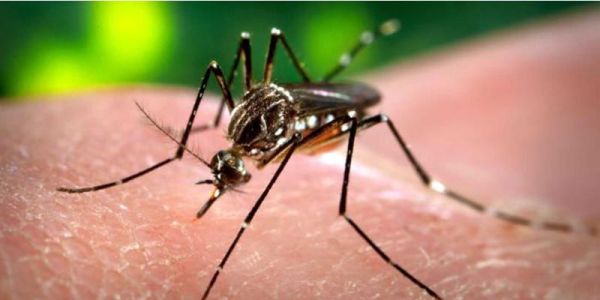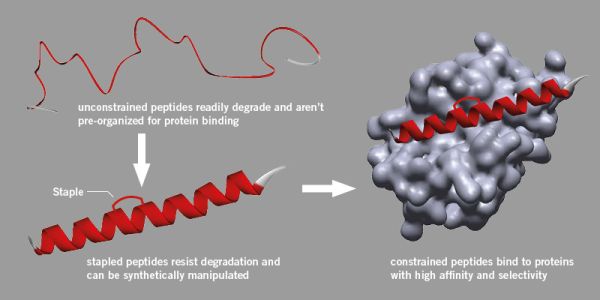
Better tools to study the processes of life
Scientists have developed a new biological tool for examining molecules – the building blocks of life. It could provide new insights and benefits such as reducing numbers of animals used in research.

Scientists have developed a new biological tool for examining molecules – the building blocks of life. It could provide new insights and benefits such as reducing numbers of animals used in research.

The University of Leeds has achieved a Gold rating in the Teaching Excellence Framework (TEF), the highest award possible.

A major international study has revealed for the first time how a baby’s DNA can increase the risk its mother will develop pre-eclampsia – a potentially lethal condition for both mother and child.

A major new insight into how Hepatitis B Virus works could pave the way for new drug treatments for the infection which is the major cause of liver cancer worldwide.

Ten of the most advanced infrastructure robots and systems currently in development will be put to the test later this month at the UK Robotics Week Resilient Infrastructure Challenge event in Leeds.

A new study has found a previously undetected potential health risk from the high concentration of small particles found in the boomerang-like return of a volcanic plume.

A significant partnership between global professional services firm PwC and the University has created a new degree apprenticeship, an innovative way for young people to launch a career in technology.

Scientists have uncovered why the Zika virus may specifically target neural stem cells in the developing brain, potentially leading to microcephaly.

A photojournalist who captured candid scenes from Yorkshire’s successful Grand Depart is training her lens on triathlon as part of a unique new project.

Scientists have created a new method to structure peptides, which they say will be cheaper and make the process of using stapled peptides in drug discovery much more widely available.